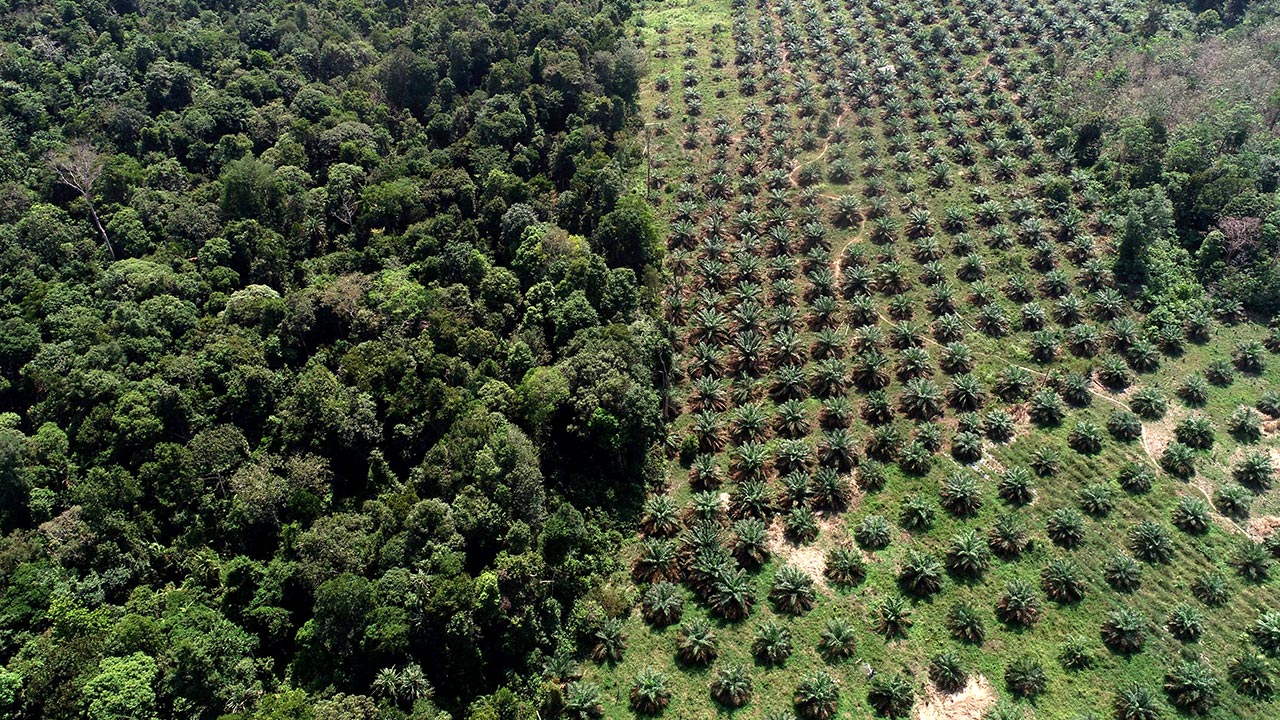Plant roots are more important for tropical soil life than assumed
Without contact with roots, one third fewer decomposers live in the soil. This is what biodiversity researchers from Germany found out during studies in tropical rainforests and plantations.

Fallen leaves are an important habitat and food for millions of microorganisms. But contrary to previous assumptions, they are largely insignificant for life below the surface. An international team of researchers led by the University of Göttingen has now been able to show that the number of soil organisms depends crucially on whether there are living roots and their metabolic products. The researchers have published their findings in the journal „Ecology Letters“.
Soil organisms decompose dead biomass
Earthworms, springtails, mites, insects and other arthropods: they all live in the soil, decompose dead biomass and thus keep the soil healthy. Accordingly, research long assumed that leaf litter, as dead biomass, was the most important resource for the so-called decomposers. But a research team was able to disprove this assumption with a study on Sumatra. In one experiment, the team removed all leaf litter from the soil; in a second, they separated tree roots from the rest of the soil ecosystem using a plastic barrier.
The team conducted the experiments at three sites: one in a rainforest, one on a rubber plantation, and one on an oil palm plantation. As expected, the effect of removed leaf litter was small in the latter area, where there is little leaf litter. However, in the rainforest and on the rubber plantation, the number of animals decreased by 60% - but mainly because many animals live directly in the foliage. On the animals in the soil, the removal of the foliage had practically no effect.
Significantly fewer decomposers without plant roots
The situation was different after so-called "root trenching," with which the researchers isolated roots from their environment. Without contact with living roots, the number of animals living in the soil decreased by 42% in the rainforest and by 30% in the plantations.
"The study offers new perspectives for the management of plant waste in tropical plantations, but also for the promotion of biodiversity of soil animals of tropical ecosystems by incorporating root-based resources," summarizes Stefan Schau from the University of Göttingen. This is important for the development of sustainable agricultural landscapes in the tropics," he adds. Anton Potapov of the German Center for Integrative Biodiversity Research Halle-Jena-Leipzig adds another benefit: "The results of this study are not only important for the conservation of tropical soil biodiversity, but also for the development of global ecosystem models describing the carbon cycle in the tropics."
bl


